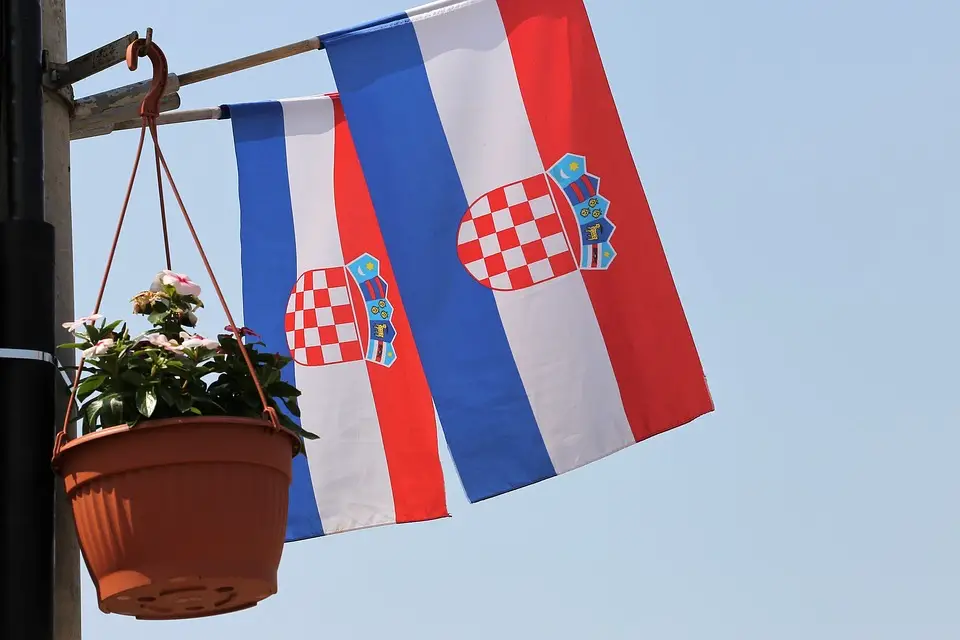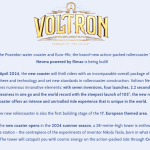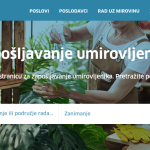
With the Croatian elections rapidly approaching, just how well are the parties doing? As HDZ finds a stronghold in Slavonia, Restart does well in Zagreb and Miroslav Skoro and the Homeland Movement (Domovinski pokret), a somewhat newer face on the political scene, has found his support in the north of Croatia.
As Mislav Bago/Dnevnik writes on the 26th of June, 2020, there are a mere ten days left until the polls open. Dnevnik Nova TV has published the latest info from Crobarometer’s survey, which reflects the mood of voters according to the offered lists in the run up to the Croatian elections. It’s important to note that the survey was conducted as if Croatia were one single constituency.
HDZ is currently the voters’ first choice with support of 26.7 percent. Right behind them is the RESTART coalition with 24.6 percent of support. The Homeland Movement (Domovinski pokret) has received 11.1 percent of support, and MOST is crossing the election threshold, currently counting on just 6.8 percent of voter support.
The HDZ electorate is significantly more male. For example, among younger male voters under the age of 30, the party has received 19 percent of the vote, but among the older males, more precisely those over the age of 60, they’ve received 38 percent of support. The party seems to be able to count on more support in the countryside, with 31 percent of the vote, and among voters with elementary school education where they would get 49 percent of the vote. Slavonia seems to be a strong stronghold for the HDZ and they’re getting an average of 43 percent of the vote there, in Dalmatia they’re getting 37 percent, and they’re performing very poorly in Zagreb, enjoying just 16 percent of the vote.
The RESTART coalition has more support among Croatian women. They have the support of 18 percent of young voters under the age of 30, and they would get 31 percent of the vote from older voters who are over the age of 60. Among voters with secondary education, they would receive 27 percent support and 25 percent in cities. Zagreb is the best stronghold of the coalition with 30 percent support. In the North of Croatia the coalition enjoys 27 percent of support, in Istria and the Littoral, they also enjoy 32 percent, with Dalmatia at 16 percent and Slavonia at 20 percent.
The Homeland Movement (Domovinski pokret) has received 18 percent of support among younger voters, among those with primary school education, support stands at 12.5 percent, and they appear to have more votes in the countryside – 15 percent. Interestingly, they are the strongest in the north of Croatia with 15 percent, then Zagreb with 12 percent, and there is Dalmatia and Slavonia with 10 percent. They are doing the most poorly in Istria and the Littoral with just 9 percent.
MOST has extremely high support among voters aged 31 to 44, more precisely 11 percent, and among the highly educated, 12 percent. MOST is enjoying 10 percent in Dalmatia, 9 percent in Zagreb, and 7 percent in Istria and the Littoral.
Who is fighting to enter the Croatian Parliament?
The MOŽEMO (WE CAN) coalition, which has united the left, has 4.5 percent of voter support, the other coalition, Stranka s imenom i prezimenom (the Party with a Name and Surname), Fokus (Focus) and Pametno (Smart), has 4.1 percent, and the joint Živi zid (Living wall) and Ivan Pernar are at 3.3 percent of support.
Interestingly, when looking at the regions, MOŽEMO is extremely strong in Zagreb, enjoying 13.6 percent of the vote. The coalition Pametno, Stranka s imenom i prezimenom and Fokus are also at 7 percent in Zagreb, and finally the coalition of Živi zid and Ivan Pernar is dancing around the election threshold in Istria and the Littoral.
Other parties are below 1 percent, for example Radimir Cacic’s Reformists have 0.7 percent, HNS has 0.6 percent, and Bandic’s party 0.5 percent. 12.5 percent are undecided.
Croatian elections aside for now, the president is losing popularity…
The president, Zoran Milanovic, is receiving less and less support for his work and currently every second respondent evaluates his work negatively, and only 39 percent of them approve of his work.
All politicians are losing popularity in the run up to the Croatian elections
As stated, the president’s popularity is dropping, with 47 percent of respondents having a negative view of his work. HDZ’s Andrej Plenkovic has entered the end of the campaign with the support of 44 percent of citizens who have a positive impression of him, and 48 percent have a negative one.
Miroslav Skoro is also falling, he can currently count on a mere 39 percent of citizens having a positive impression of him, and 52 percent of them think of him negatively.
Bozo Petrov can count on 37 percent of citizens who think positively about him, and 49 percent of them who think negatively.
Davor Bernardic also cannot count on majority support, 26 percent of citizens have a positive impression of him, and 59 percent of them have a negative impression.
Finally, 20 percent of citizens have a positive impression of Milan Bandic, and 73 percent of them have a negative impression.
In the run up to the Croatian elections, it can be seen that the government is losing support, and the country itself is sinking into a state of pessimism…
The Croatian Government has not counted on majority support for a long time now. Currently, 59 percent of citizens do not approve of the work of the HDZ-run government, and only 32 percent of them approve of it.
This is very much in line with the direction in which Croatia is going, because 70 percent of the country’s citizens think that Croatia is heading in the wrong direction currently, and only 21 percent of them are optimistic.
What are the problems Croatian citizens have highlighted?
Unemployment comes first and foremost, it is the first and biggest problem for 25 percent of Croatian citizens. The economic situation is the biggest problem for 19 percent of citizens. Crime and corruption are a big problem for 16 percent of citizens. Living standards and low wages are considered a problem by 7 percent of citizens, and 5 percent of them consider the coronavirus pandemic to be the biggest problem.
FOOTNOTE: This pre-election survey was conducted by IPSOS on 978 Croatian citizens by telephone from the 22nd to the 24th of June, 2020. The maximum error margin in a sample is +/- 3.3 percent, and for party ratings +/- 3.6 percent.
For more on the Croatian elections and on politics in general in Croatia, follow our dedicated section.







